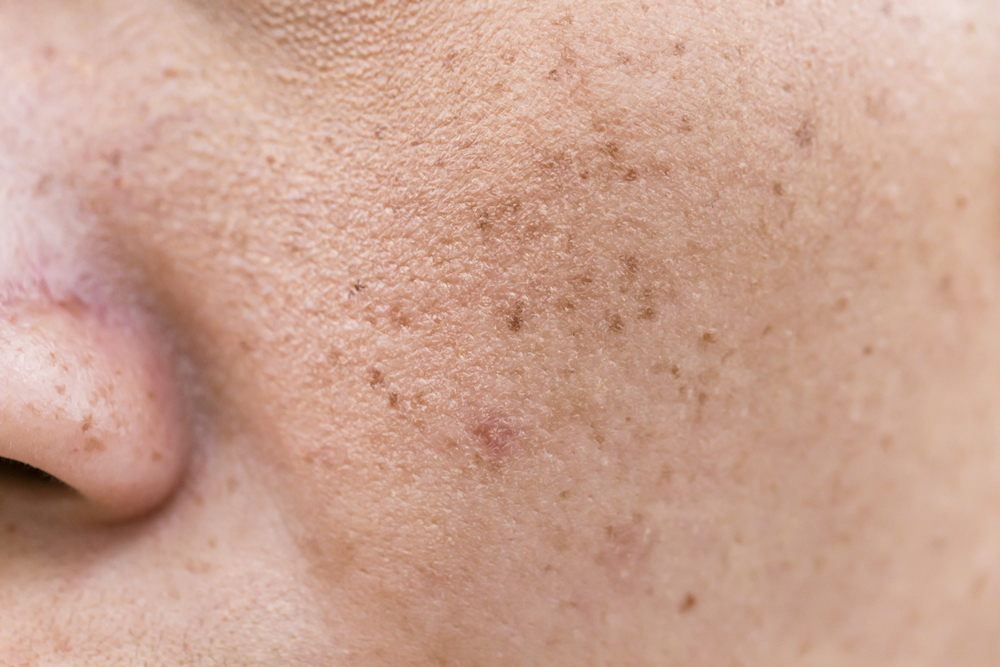Introduction
Kidney stones, medically known as urolithiasis, are a common condition that affects millions of individuals worldwide. These small, hard deposits that form in the kidneys can cause excruciating pain and discomfort. However, with the right knowledge and preventive measures, you can significantly reduce your risk of developing kidney stones. In this blog, we will explore the causes of kidney stones and provide practical strategies to prevent their formation, empowering you to maintain optimal renal health.
Causes of Kidney Stones
- DEHYDRATION: Insufficient water intake can lead to concentrated urine, making it easier for minerals and substances to crystallize and form stones in the kidneys.
- DIETARY FACTORS: Certain dietary choices can contribute to kidney stone formation. Diets high in sodium, oxalate, and animal protein, along with low calcium intake, increase the risk of developing kidney stones.
- FAMILY HISTORY: If you have a family history of kidney stones, you may be more prone to developing them yourself. Genetic factors can influence the likelihood of stone formation.
- UNDERLYING MEDICAL CONDITIONS: Certain medical conditions, such as urinary tract infections, hyperparathyroidism, and renal tubular acidosis, can increase the risk of kidney stone formation.
Prevention Strategies
- STAY HYDRATED: One of the most crucial steps in kidney stone prevention is maintaining proper hydration. Aim to drink at least 8-10 glasses of water per day to keep your urine diluted and minimize the chances of stone formation.
- FOLLOW A BALANCED DIET: Adopting a diet that is low in sodium, oxalate, and animal protein can reduce the risk of kidney stone formation. Increase your intake of fruits, vegetables, and whole grains while moderating consumption of salt, oxalate-rich foods (such as spinach and rhubarb), and animal-based protein.
- LIMIT SODA AND ALCOHOL: Carbonated beverages, including soda, energy drinks, and certain alcoholic beverages, can contribute to stone formation due to their high phosphoric acid and sugar content. Minimize your intake of these beverages or opt for healthier alternatives like water, herbal tea, or fresh juices.
- MAINTAIN A HEALTHY WEIGHT: Obesity has been linked to an increased risk of kidney stones. By adopting a balanced diet and engaging in regular physical activity, you can achieve and maintain a healthy weight, reducing your susceptibility to stone formation.
- EXERCISE REGULARLY: Engaging in physical activity can help prevent kidney stones by promoting healthy circulation, reducing obesity, and maintaining overall well-being. Aim for at least 30 minutes of moderate exercise, such as brisk walking or cycling, most days of the week.
- MEDICAL TREATMENT AND CONSULTATION: If you have a history of kidney stones or are at a higher risk due to underlying medical conditions, consulting a healthcare professional is crucial. They can recommend appropriate treatments, medications, or dietary modifications tailored to your specific needs.
Conclusion
Kidney stones can be a painful and disruptive condition, but by understanding their causes and implementing preventive strategies, you can significantly reduce your risk of developing them. Remember to prioritize hydration, adopt a balanced diet, maintain a healthy weight, and engage in regular exercise. By taking these small yet impactful steps, you can safeguard your renal health and enjoy a life free from the discomfort of kidney stones.









